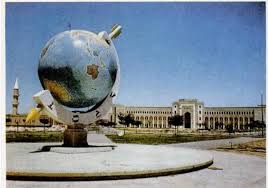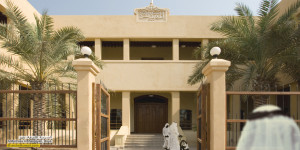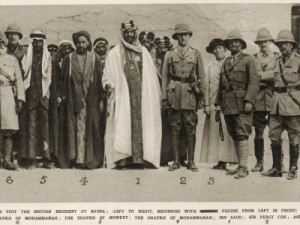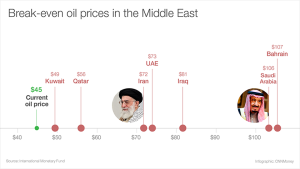President Trump has managed to gather some sort of consensus, at least within the media and among politicians, around his brief air-war fling with Syria. As usual in the initial phase of a military action, both parties and the media have managed to praise his action, in some cases for fear of looking unpatriotic or “too outlier” (fear of bullying is not confined to school children).
Soon they will be asking: what next? What? No more? Especially cable media will go through severe withdrawal symptoms, being used to some thirty years of covering (ad nauseam) non-stop foreign wars. Some are already beginning to ask the question. Then the absolute rulers of the allied Muslim countries will push him to support a “democratic” Syria (where power can be shared between the Wahhabi Salafists attached to Saudi Arabia and the Muslim Brotherhood attached to Turkey’s strongman Erdogan). A claustrophobic democratic experience they would never allow their own peoples to enjoy. Apparently Trump has been listening to the potentates lately, and he seems to be impressed.
My guess? My Fatwa: sometime well before the summer of 2018, Democrats will look back and say that Trump did his Syrian fling in order to divert attention from “other” more pressing “America First” issues he could not handle. The quick disenchantment happened with LBJ, Bush (pere et fils), and perhaps others.
A one-week apparent success (meaning no American casualties) while his foes’ knives are being temporarily hidden. Foreign action trumps domestic failure, but only for a while (just ask George H W Bush who presided over the end of the Soviet Union and a swift American victory in the Persian Gulf War).
The infrastructure will still need to be dealt with, and Trump may soon have some Obama-style stonewalling by the Republican Congress on the required spending. Then there is Healthcare, then a mechanism to keep and create jobs inside the USA, then a mechanism to encourage young people to enroll in STEM education (preferably within the excellent traditional mode of a broad American undergraduate college education that we all enjoyed).
The risk is that America First may become America Later. Looks like George Dubya Bush was right: being US president is a hard job……
Cheers
Mohammed Haider Ghuloum








